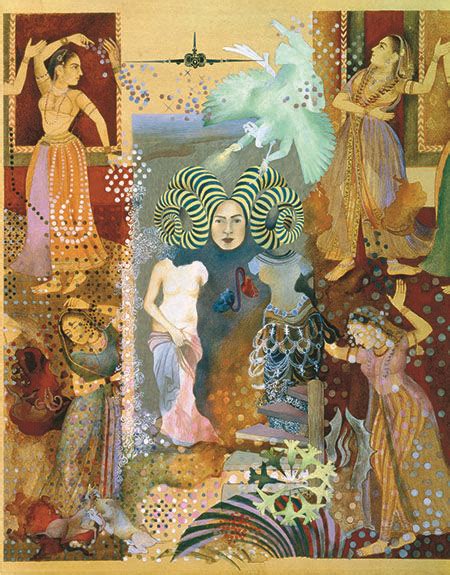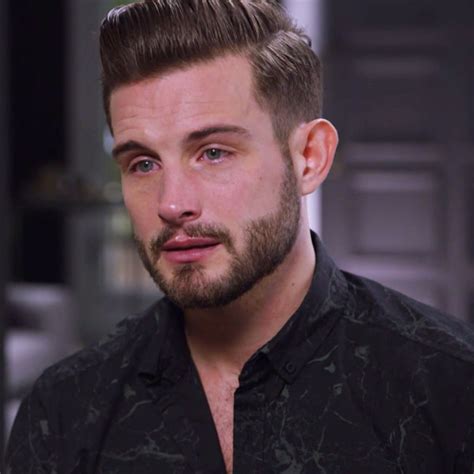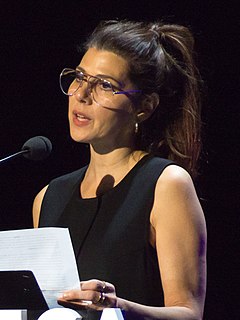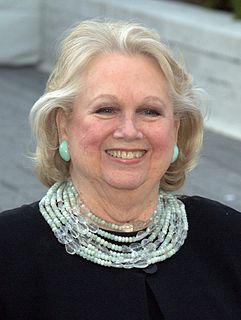A Quote by Shahzia Sikander
Talking with other artists is an incredible process. You engage with the work very differently...a nd different relationships between different works start to emerge. To tap into that energy-to tap into that moment-is great for me as an exercise.
Related Quotes
I grew up watching Gregory Hines banging out rhythms like drum beats, and Jimmy Slyde dancing these melodies, you know, bop-bah-be-do-bap, not just tap-tap-tap. Everyone else was dancing in monotone, but I could hear the hoofers in stereo, and they influenced me to have this musical approach towards tap.
It's all about you, Colie." She touched one finger to her temple, tap tap tap. "Believe in yourself up here and it will make you stronger than you could ever imagine." There is something infectious about confidence. And for that one moment, with my eyebrows burning and my eyes watering, I believed. "And good hair never hurt either.
Different directors have different techniques in the use of films. Cronenberg is very different in the way he works with film, and how he takes the audience into his films is different than how Peter Jackson would do that or Jon Stewart. So, if you go between those artists, you shift gears and you kind of fall into the working method of that film.
In the beginning, the energy involved to create came from my reaction to the work of other artists. The force behind this was aggression. The art that I saw was great, but I had to reject it, because I could not continue in the same direction. So I had to do something entirely different. It had to be so different, so extreme, that those who loved pop art, for instance, hated me. And this was my strength.




































